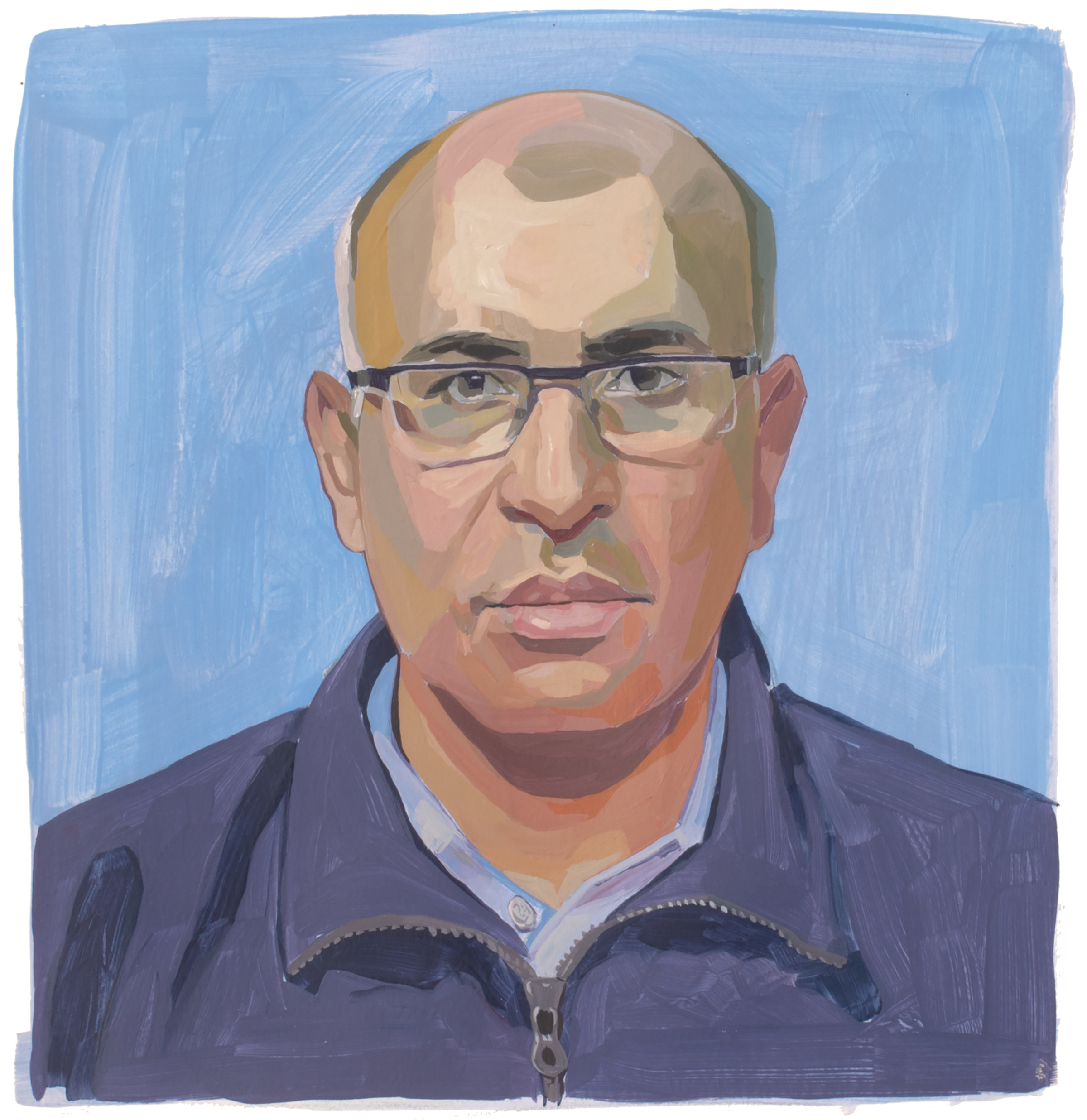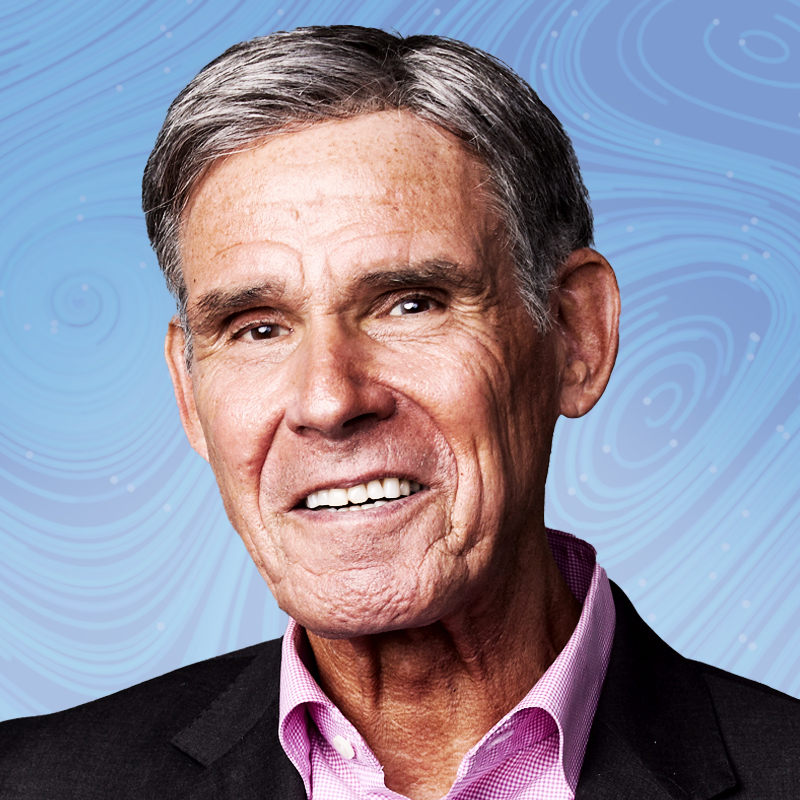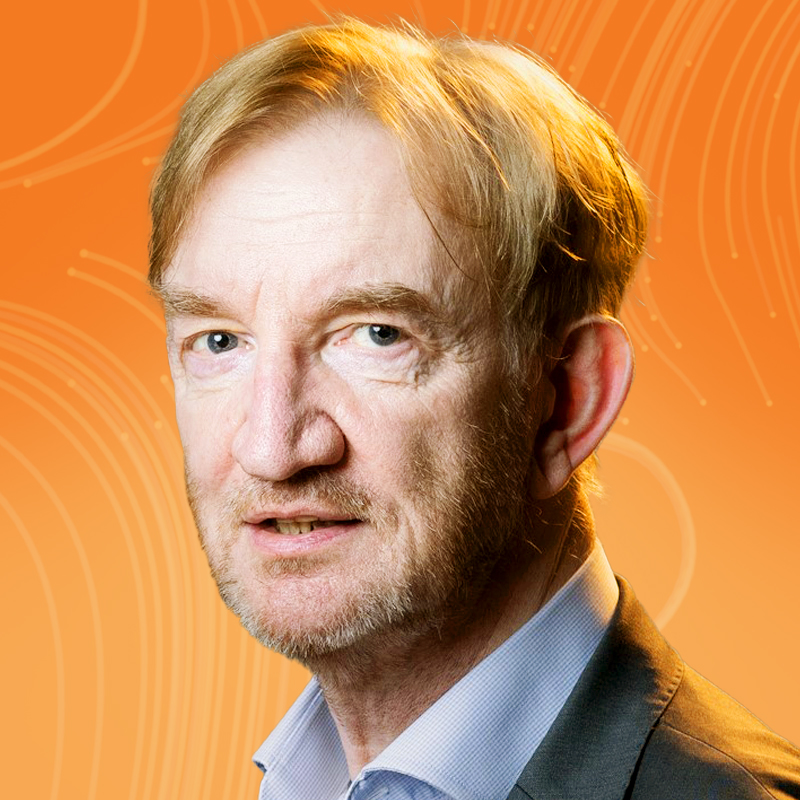Microplastics—fragments of plastic measuring as small as 1 micrometer, or a millionth of a meter—shed into our water and food supply from bottles and other packaging, and can pass from the bloodstream into organs throughout the body and even into fetuses. This potentially raises the risk of cancer, reproductive problems, and other ills.
Richard Thompson, professor of marine biology at the University of Plymouth, aims to change that.
Thompson was the first researcher to use the term microplastics, documenting their ubiquity in a landmark paper in the journal Science in 2004. He is currently campaigning for a U.N. treaty to curb plastic pollution; his work has also been essential in the E.U. drafting its Marine Strategy Framework Directive, a continent-wide protocol for protecting the oceans. The need for limiting plastics is urgent.
“We’ve shown that you can find them at the top of Mount Everest,” says Thompson. “You can find them in Arctic sea ice. A third of all the fish we catch have microplastics too.” For all that, Thompson is a realist. We may one day have a world that is less buried in microplastics, but we are never likely to have one that is free of them.
The best consumers can do is to minimize their use of plastics—using refillable water bottles as opposed to disposable plastic ones, say, or bringing along cloth bags when food-shopping rather than relying on the plastic ones the grocery store provides. “Even if we could magic away new production of plastic, we can’t turn off the problem completely,” Thompson says. “The fragmentation of the legacy items that are already in the environment is continuing all the time.”
Correction, May 2
The original version of this story referenced a study about microplastics that some scientists have disputed. This version has been updated to omit that study.
More Must-Reads from TIME
- Cybersecurity Experts Are Sounding the Alarm on DOGE
- Meet the 2025 Women of the Year
- The Harsh Truth About Disability Inclusion
- Why Do More Young Adults Have Cancer?
- Colman Domingo Leads With Radical Love
- How to Get Better at Doing Things Alone
- Michelle Zauner Stares Down the Darkness
Write to Jeffrey Kluger at jeffrey.kluger@time.com





